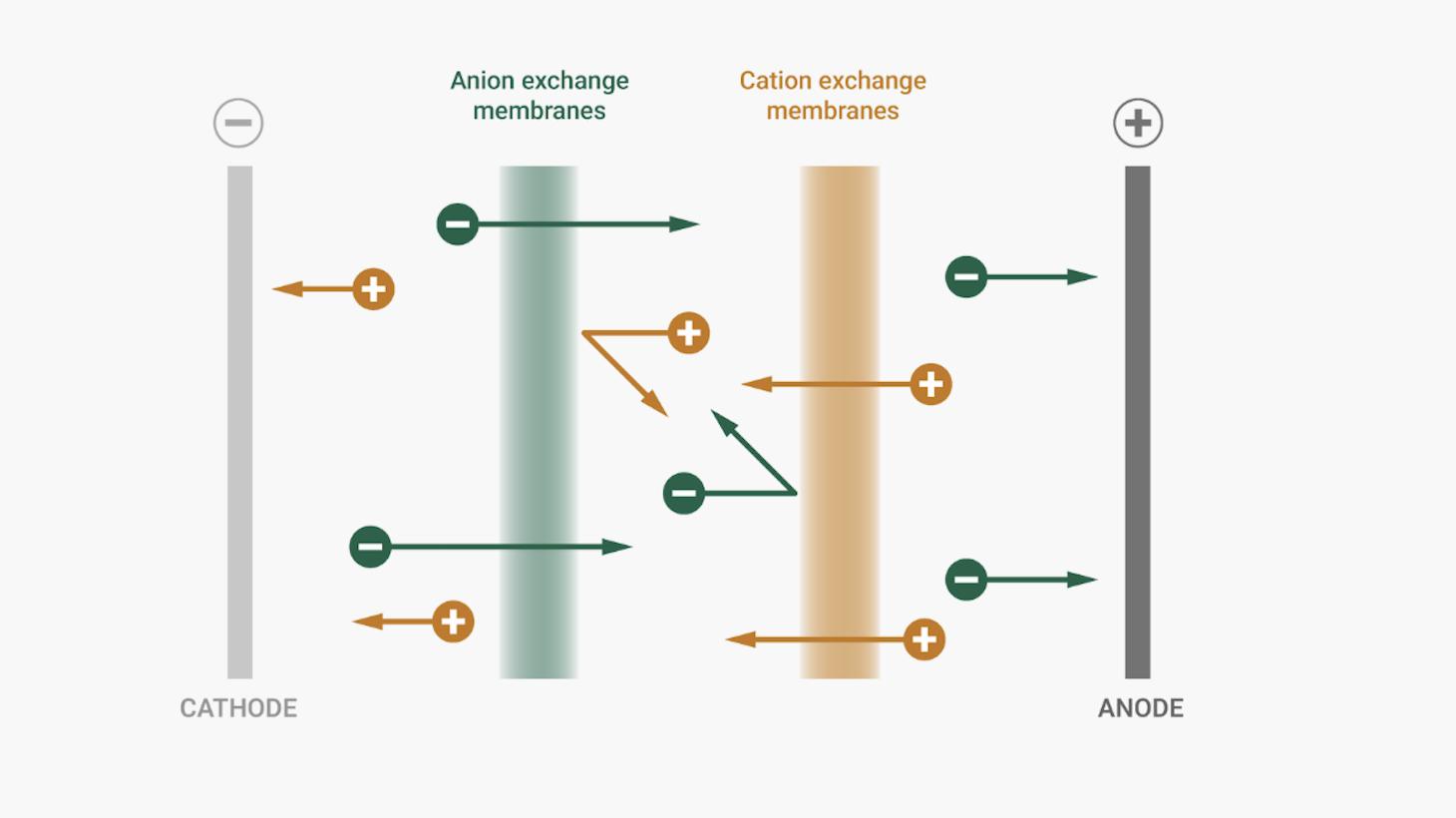.png)
According to the recent Clean Fuels and Hydrogen Market Roadmap, regulatory complexity and certification barriers continue to limit progress, while OPEX costs in Europe remain up to three times higher than in regions like the U.S.1 For deep‑tech companies operating in this space, navigating this landscape requires not only technical performance but regulatory foresight and market adaptability.
At Cellfion, we develop PFAS‑free, cellulose‑based membranes designed for electrochemical energy systems—including PEM fuel cells, PEM electrolyzers, flow batteries, humidification systems, and electrodialysis. These applications are central to the hydrogen economy, where the ability to meet performance demands while aligning with tightening EU regulation is becoming a key differentiator.2
Regulatory Readiness from the Start
From early‑stage R&D to pilot‑scale production, we consider regulatory implications as part of our decision‑making process. Our materials are designed without PFAS in response to anticipated restrictions, and we monitor evolving frameworks such as REACH and the Green Deal’s chemicals strategy to understand what future compliance will require.3
We also take traceability seriously, recognizing that as customers look to meet future certification and reporting standards (like RED II or FuelEU Maritime), membrane‑level transparency will become a growing priority. By addressing these elements early, we aim to reduce risk for our partners and support faster qualification for emerging standards.4
Enabling Infrastructure Through Strategic Partnerships
The roadmap identifies a persistent chicken‑and‑egg problem: demand for hydrogen is rising, but infrastructure build‑out lags behind. Technologies that can accelerate this cycle are essential.5 By partnering with system developers and integrators, Cellfion contributes to more rapid testing and validation of next‑gen electrochemical systems. Whether in electrolyzer stacks or ion‑separation modules, our membranes aim to support more reliable and scalable deployments.
Cost Pressure and Long‑Term Viability
High operational costs are another friction point. One of our goals is to help reduce lifecycle costs for customers through durable, low‑risk materials that minimize compliance burdens over time. While not a silver bullet, regulatory‑aligned design and simplified material handling can support more predictable and cost‑effective operations—particularly important as new business models form around clean hydrogen.6
Looking Ahead
We see a growing need for technology providers to go beyond performance claims and demonstrate regulatory intelligence and ecosystem readiness. At Cellfion, our approach is to contribute to a hydrogen economy that works not only on paper but in policy, in infrastru
cture, and on the factory floor. As Europe builds its clean energy future, materials matter—and so does the framework they operate within.
1,2 European Innovation Council & EIT InnoEnergy (2024). Clean Fuels and Hydrogen: Market and Innovation Roadmap. Available at: https://27125616.fs1.hubspotusercontent-eu1.net/hubfs/.../Market%20Roadmap%20-%20Clean%20Fuels%20and%20Hydrogen%20FV.pdf
3 European Commission (2020). Chemicals Strategy for Sustainability Towards a Toxic‑Free Environment. Brussels: Directorate-General for Environment. Available at: https://ec.europa.eu/environment/pdf/chemicals/2020/10/Strategy.pdf
4 European Commission (2023). FuelEU Maritime Initiative. Available at: https://transport.ec.europa.eu/.../fueleu-maritime_en; and European Commission (2021). Directive (EU) 2018/2001 on the promotion of the use of energy from renewable sources (RED II). Available at: https://energy.ec.europa.eu/.../renewable-energy-directive_en
5,6 European Innovation Council & EIT InnoEnergy (2024). Clean Fuels and Hydrogen: Market and Innovation Roadmap



%20(kopia%202)%20copy.png)
